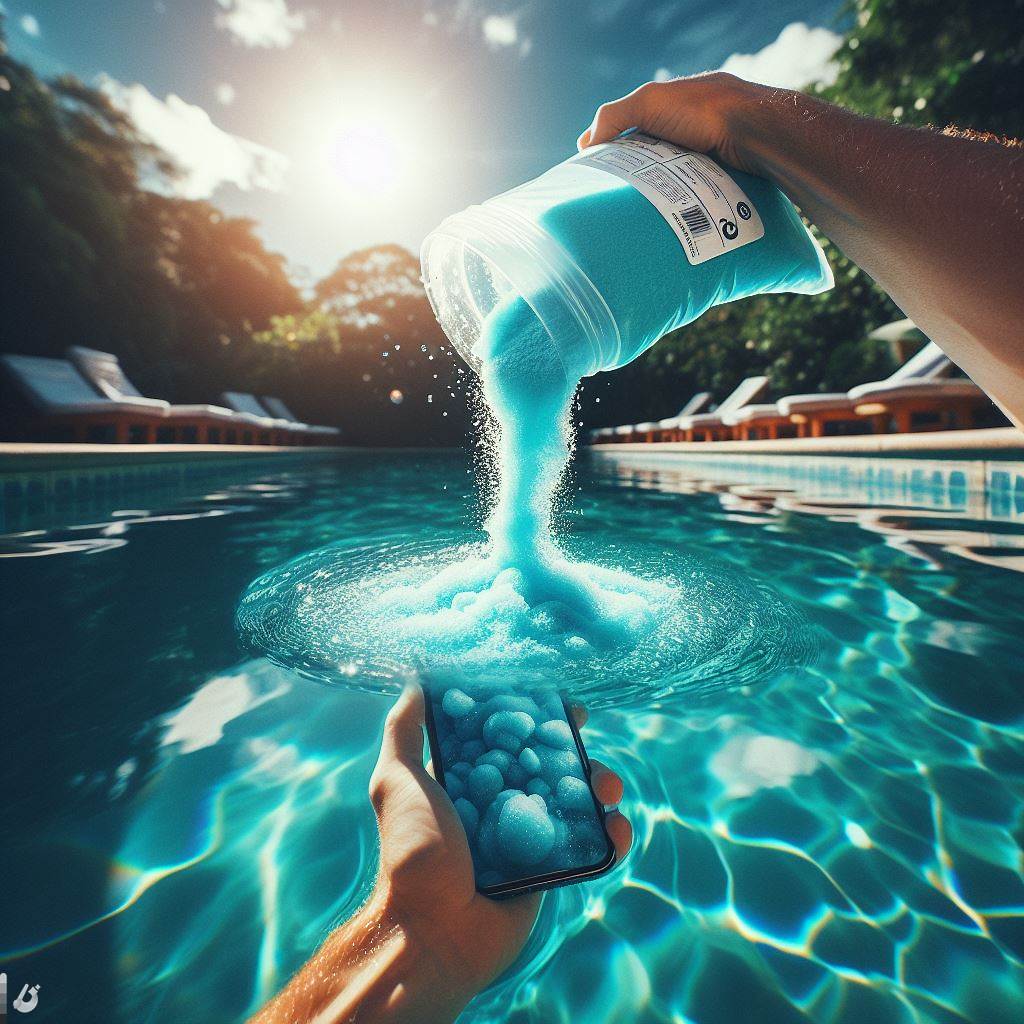Swimming pools require effective maintenance to ensure water clarity and hygiene for the comfort and safety of swimmers. Flocculants play a crucial role in pool maintenance by aiding in the removal of suspended particles, debris, and microorganisms from the water. This article delves into the importance of quality testing for swimming pool flocculants, highlighting the various methods and parameters involved in assessing their performance and safety.

Understanding Swimming Pool Flocculants
Flocculants are chemical agents designed to aggregate and precipitate suspended particles in pool water, allowing for easier removal through filtration or vacuuming. Common types of pool flocculants include aluminum sulfate (alum), polyaluminum chloride (PAC), and polymeric flocculants.
Importance of Quality Testing
Ensuring the effectiveness and safety of pool flocculants is essential for maintaining water clarity and sanitation. Quality testing helps identify the optimal dosage, performance characteristics, and potential risks associated with the use of flocculants in swimming pools.
Parameters for Quality Testing
a. Efficiency: The ability of flocculants to effectively coagulate and settle suspended particles, improving water clarity and filtration efficiency.
b. Dosage Requirements: Determining the optimal dosage of flocculants based on pool volume, water quality, and the type and concentration of contaminants.
c. Residual Effects: Assessing the longevity of flocculant action and its ability to maintain water clarity over time.
d. Compatibility: Ensuring compatibility with other pool chemicals and equipment to prevent adverse reactions or damage.
e. Safety Profile: Evaluating the potential health and environmental risks associated with the use of flocculants, including toxicity, allergenicity, and environmental impact.
Methods of Quality Testing
a. Laboratory Analysis: Conducting controlled experiments in laboratory settings to assess the efficiency, dosage requirements, and residual effects of flocculants.
b. Field Trials: Testing flocculants in real-world swimming pool environments to evaluate their performance under actual usage conditions.
c. Water Quality Monitoring: Regular monitoring of pool water parameters, such as turbidity, pH, and chlorine levels, to assess the effectiveness of flocculants in maintaining water clarity and sanitation.
d. Compatibility Testing: Performing compatibility tests with other pool chemicals, including sanitizers, pH adjusters, and algaecides, to ensure safe and effective coadministration.
e. Safety Assessment: Conducting toxicological studies and environmental risk assessments to evaluate the safety profile of flocculants and identify potential hazards.
Regulatory Standards and Guidelines
Quality testing of swimming pool flocculants is guided by regulatory standards and industry guidelines, including those set forth by regulatory agencies such as the Environmental Protection Agency (EPA) and the National Sanitation Foundation (NSF). Compliance with these standards ensures that flocculants meet safety, efficacy, and environmental requirements for use in swimming pools.
Benefits of Quality Testing
a. Enhanced Water Clarity: Effective flocculants improve water clarity by removing suspended particles, debris, and microorganisms, enhancing the visual appeal of the pool.
b. Improved Filtration Efficiency: Flocculants aid in the removal of fine particles that may escape filtration, reducing filter clogging and improving overall filtration efficiency.
c. Reduced Chemical Usage: Optimal dosage of flocculants based on quality testing results helps minimize chemical usage, leading to cost savings and environmental benefits.
d. Enhanced Swimmer Safety: Quality-tested flocculants ensure the removal of potentially harmful contaminants from pool water, promoting a safer swimming environment for users.
e. Regulatory Compliance: Compliance with regulatory standards and guidelines through quality testing ensures that flocculants meet stringent safety, efficacy, and environmental requirements.
Conclusion
Quality testing plays a vital role in ensuring the effectiveness, safety, and regulatory compliance of swimming pool flocculants. By assessing parameters such as efficiency, dosage requirements, compatibility, and safety profile, quality testing helps identify the optimal flocculant for maintaining water clarity and sanitation in swimming pools. Adhering to regulatory standards and industry guidelines through rigorous quality testing contributes to the overall quality and safety of swimming pool maintenance practices.
